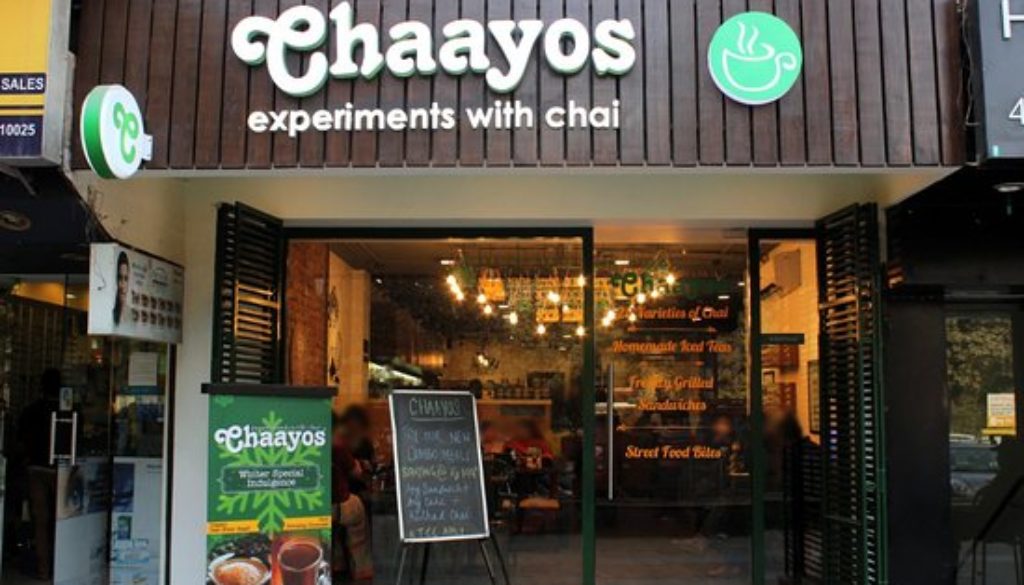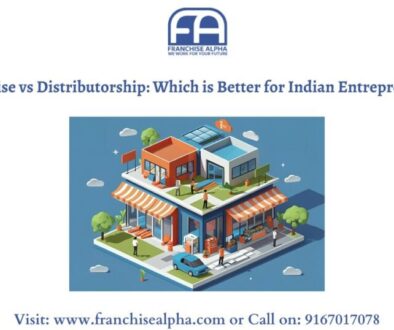Now, chaiwallahs come from IIT & Harvard
For those who have studied at IIT Delhi, and quite a few who haven’t, Sassi ka Dhaba, opposite the institute is an institution in its own right. In 2010, when Raghav Verma hadn’t still passed out of the hallowed IIT portals, Sassi was the only go-to place for chai with paranthas and the like, fuelling long hours of study. Now, in 2017, five years after he founded Chaayos, one of India’s most successful and rapidly growing tea startups, Sassi is just a fond memory. While it continues to exist, Verma as well as other entrepreneurs are now busy brewing their own kadak cuppas for millions of chai fans around the country.
One of the biggest changes in India’s food scene in the last five years has been what can only be called the cafe-isation of chai. India’s favourite hot beverage — the market is estimated to be more than Rs 1 lakh crore (assuming two cups of chai a day for every adult Indian) — is not just being brewed, boiled and sipped at home or at unorganised chaiwallahs found outside offices, markets, and neighbourhoods but at trendy chai cafes. From ginger and masala chais to customised elaichi-only or hari mirch chais and inventive mithai brews (made with condensed milk at Chaayos, described as the “hot chocolate” of chai), there is a cup for every palate, as well as a price point.
Chai Point, started in 2010 by Harvard alumnus Amuleek Singh Bijral in Bengaluru, was the first of these chai startups to start changing the game. Today, with over a hundred outlets pan-India, it claims to serve more than 3 lakh cups of tea every day. Chaayos has grown from 7 cafes in 2015 to 40 cafes in Delhi, Mumbai and Chandigarh after it received an impressive $5 million funding from Tiger Global.
Verma, one of the two Chaayos founders, recalls the initial scepticism. “When we started, one question everyone asked us was whether Indian customers will pay that much (Rs 40-150) for chai. But right from our pilot project in Cybercity, Gurugram, we found that people did and happily came back. A key to our business is repeat clientele, which is as much as 40-45%,” he says.
Verma will not share his revenue numbers but says year-on-year growth is 300%. The company is now looking at highways (they’ve opened an outlet in Karnal) and airport formats, besides 24-hour cafes and large 100-150 seaters (they opened one in Delhi’s Karol Bagh).





